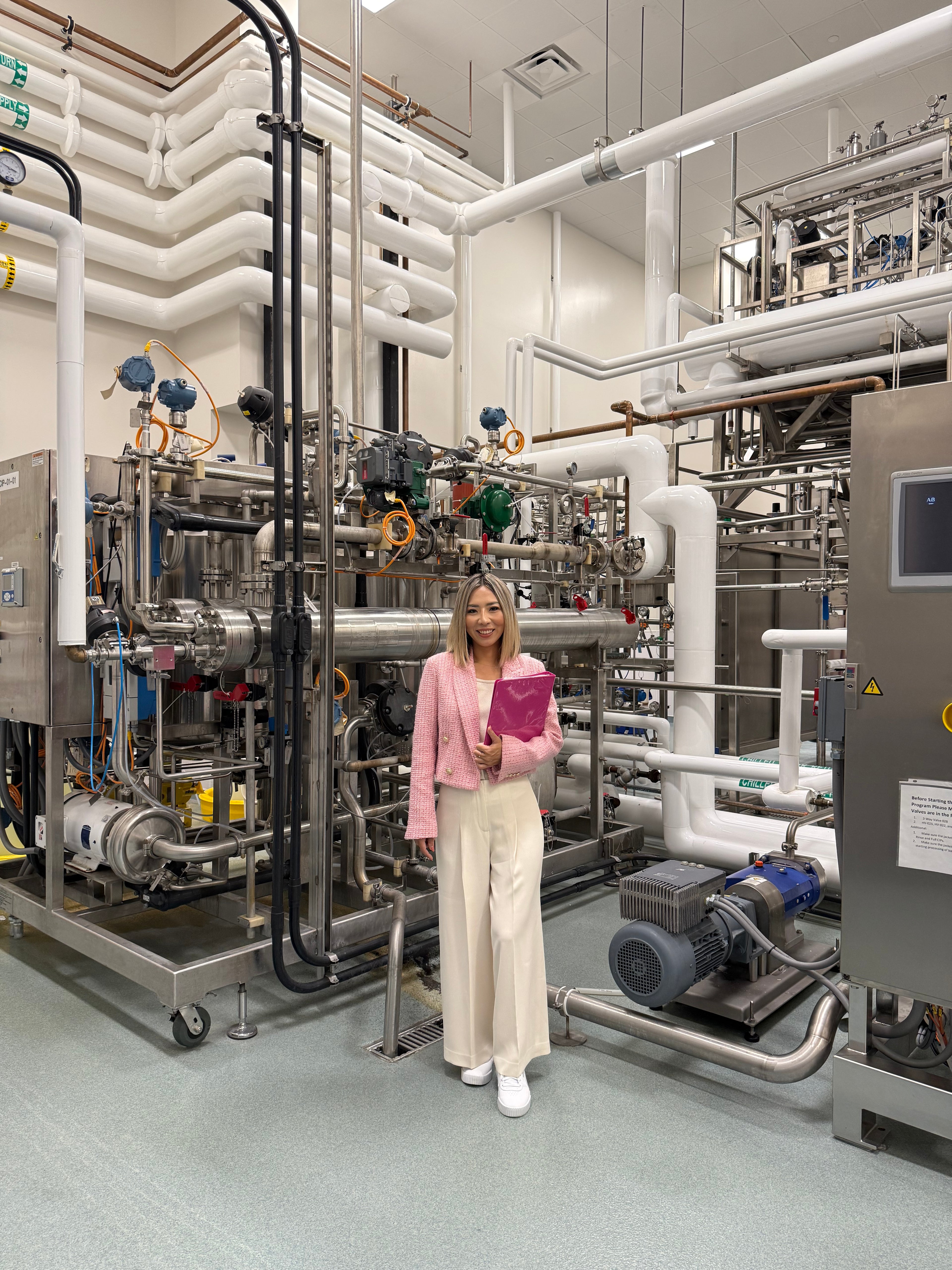The Power of Synbiotics
Re:Bio Synbiotics Packets offer more than just probiotics—they deliver a comprehensive solution for gut health. By combining beneficial bacteria (probiotics) with the nutrients that support their growth (prebiotics), Re:Bio fosters an optimal environment for a balanced gut microbiome.
Unlike standalone probiotics, which may struggle to thrive, Re:Bio’s synbiotic formula ensures these beneficial bacteria receive the nourishment they need to function effectively. Our blend includes prebiotic fibers and oligosaccharides—natural compounds that serve as food for probiotics—promoting their growth and activity in the gut.
Gut Health and Whole-Body Well-Being
Emerging research suggests that gut health may be linked to various areas of well-being, including:
- Area
- Potential Relationship
- Skin
- Gut balance may reflect in skin clarity
- Mood & focus
- The gut-brain axis is a growing area of interest
- Immune system
- Gut microbes may play a role in immune regulation
With Re:Bio, you’re not just taking a supplement; you’re providing your body with the foundation it needs to flourish. Experience the power of synbiotics in every packet.


“Growing evidence shows that probiotic bacteria present important health-promoting and immunomodulatory properties. Thus, the use of probiotics might represent a promising approach for improving immune system activities.”
- National Center for Biotechnology Information, January 2023
“Gut microbiota plays a significant role in maintaining host health, which could supply various nutrients, regulate energy balance, modulate the immune response, and defense against pathogens. Therefore, maintaining a favourable equilibrium of gut microbiota through modulating bacteria composition, diversity, and their activity is beneficial to host health.”
- National Institutes of Health
When your gut is strong it can help you feel better overall. Harvard Health Publishing of Harvard Medical School touts that probiotics may help boost mood and cognitive function.
“The gut has been called a "second brain" because it produces many of the same neurotransmitters as the brain does, like serotonin, dopamine, and gamma-aminobutyric acid, all of which play a key role in regulating mood. In fact, it is estimated that 90% of serotonin is made in the digestive tract.”
- Harvard Health Publishing, Harvard Medical School
How do probiotics fit on the gut-brain axis? Some research has found that probiotics may help boost mood and cognitive function and lower stress and anxiety.
"Alzheimer's patients who drank milk made with four probiotic bacteria species for 12 weeks scored better on a test to measure cognitive impairment compared with those who drank regular milk." -Frontiers in Aging Neuroscience
